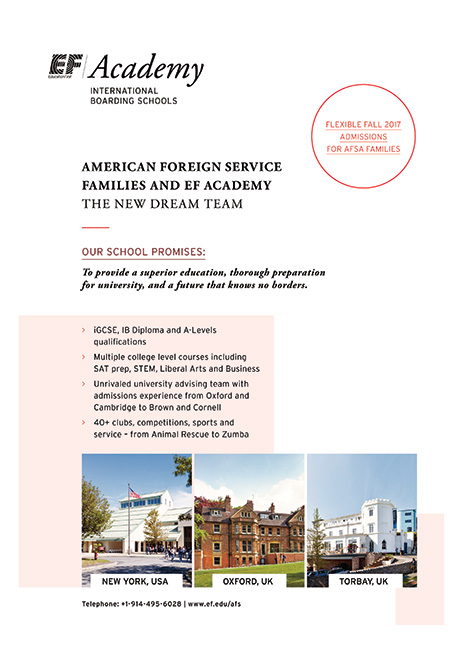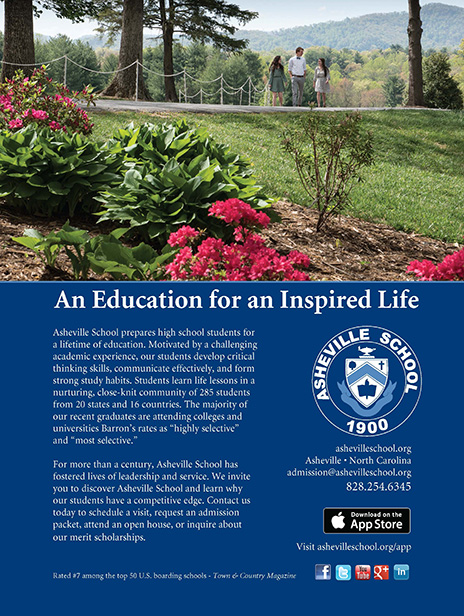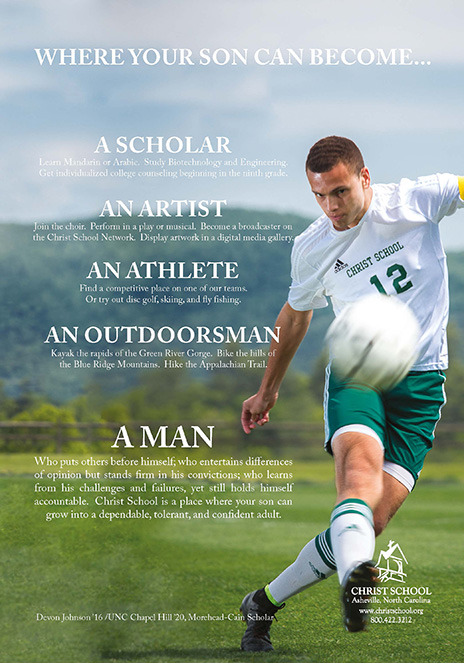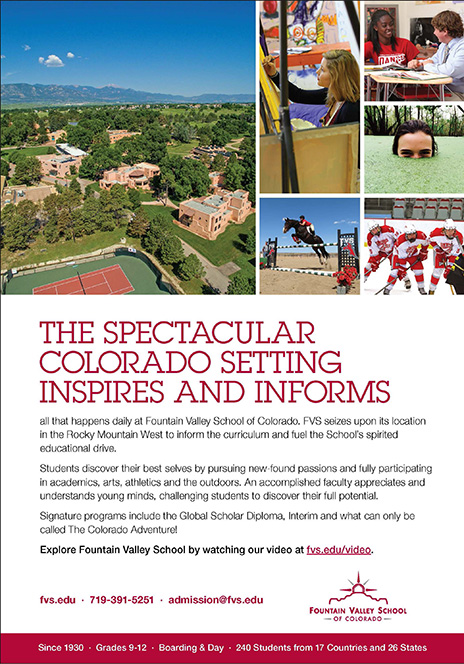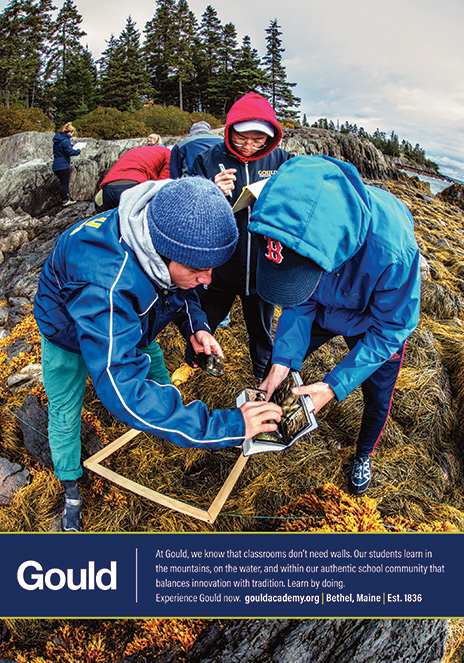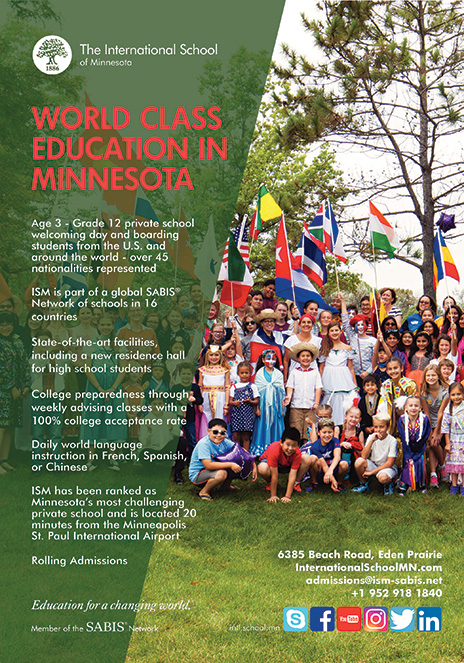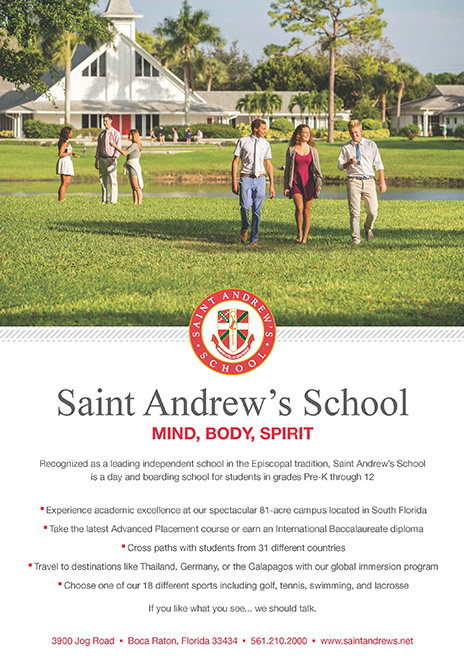New College, New Culture: Preparing for a Strong First Semester as a Third Culture Kid
TCKs deal with repatriation issues and reverse culture shock when they attend college in the United States. Here are some tips for success.
BY HANNAH MORRIS
While many high school seniors spend the summer before college reminiscing with childhood friends and working summer jobs, Foreign Service children are more likely saying final goodbyes at post, visiting relatives on home leave, and choosing what to ship in their special UAB (unaccompanied baggage allotment).
For Foreign Service third culture kids (TCKs), preparing for college requires more than just attending orientation and buying matching dorm gear. The reality is that while many TCKs are seeking to connect with dorm mates and other students in the United States, their backgrounds may make it more challenging than they anticipate.
Navigating U.S. academic culture, relating to U.S. pop culture—and even answering the seemingly simple question, “Where are you from?”—means TCKs are dealing with the challenges of repatriation and reverse culture shock while trying to find their place and succeed in their freshman year. From feelings of uncertainty, to searching for a sense of belonging, TCKs often find it challenging to form meaningful friendships with the “American” kids they may have known from visits home or life before the Foreign Service.
Few colleges are aware of TCKs or have programming to support them as they transition back to the United States. Repatriating students often feel isolated and lack the support system or knowledge to access resources that will help them in their time of need. Few institutions offer TCK-focused programming to ease the complexities of repatriating in order to attend college.
Students and their families can bridge the gap between what a TCK needs to be successful and inadequate university programming by connecting with their school’s international center; building support systems; scheduling realistic academic schedules; identifying involvement opportunities; and developing plans for handling finances, communication and emergencies.
Settling into Your New Environment
Connect with the international center. International centers are the first resource that returning global nomads should reach out to when transitioning to college in the United States. Ideally, this connection is made before college applications are submitted or after admissions, when deciding which institution to attend.
If you are visiting the campus, stop in at the international center office. Otherwise, email the office inquiring about programming for TCKs and international students.
TCKs can both benefit from and contribute to the mission of international centers and should take advantage of the resources they have for international students. You may even find a club or TCK-specific orientation at some colleges and universities: American, Beloit, Lewis & Clark, Wooster and the University of the Pacific all offer programming designed specifically for TCKs.
TCKs can benefit from international center services such as arranging for early move-in, organizing networking events focused on international topics, and pairing new students with experienced student mentors to help them adapt and acclimate to campus. In return, international centers are able to utilize TCKs’ skills at navigating multicultural environments as they welcome international students to campus.
Attend the international student orientation. Students should ask to attend the international student orientation, which focuses more on counseling (e.g., mental health counseling) and advising services to help guide students with limited access to support networks.
According to Brian White, the associate dean of students and director of international students and scholars at Lewis & Clark College, the international student orientation cohort is often smaller than the regular orientation groups, helping students to settle into their new environment.
During these orientations, TCKs can build a social network with other students who are not U.S.-centric and who understand the complexities of leaving your family to live in an unfamiliar culture.
Be a tourist in your new city. TCKs know how to move internationally, and the move to college should be met with the same expectations as any other move. Things will go wrong, it will be difficult to learn new roadways, and it can be hard to appreciate a climate different from the one you recently departed.
Try to embrace your new city as a tourist, advises Barbara Chen, the China admissions representative of the University of Tulsa, who recently published “Top 10 Tips: Advice for Parents of the College-Bound Expatriate,” posted by the International Association for College Admission Counseling.
If you can, arrive in town early for orientation and take a few days to tour the local sites. Practice driving around town or navigating the public transport system.
Build University and Local Support Systems
TCK families tend to be close-knit, but college can cause complications for families due to intermittent internet connectivity, time zone gaps and the college lifestyle. While many college students have older friends or high school alumni already attending their institution, TCKs are less likely to have these built-in networks and should work to build them before arriving.
Identify mentors. Students should identify mentors with whom they have interacted during the admissions process. Extending an invitation to meet over Skype or for tea when they arrive on campus can help to build these relationships.
Dr. Helen Wood, a higher education and TCK researcher, says students should identify someone to whom they can turn with questions when things get confusing. By building a mentorship early on, students will create a relationship with someone who can help them at challenging crossroads and champion them throughout their college career.
Connect with faculty. First-semester faculty members are used to students introducing themselves before the term starts, to prepare for their upcoming semester and to learn more about the course expectations.
Few colleges are aware of third culture kids or have programming to support them.
Connecting with faculty can be a great way for TCKs to make an interesting first impression and prepare for academic success. By showing genuine interest in their courses and creating a rapport with faculty, TCKs will be more likely to benefit from faculty office hours and will feel comfortable reaching out for help when it is needed.
Seek out other TCKs. Few institutions identify TCKs, and they are easily lost in the mix, but Lewis & Clark’s Brian White encourages students to seek each other out: “Anything they can [do] to identify and connect with other TCKs is helpful.”
International admissions advisers are a great resource for these connections because they have met many TCKs while visiting overseas schools and may be able to introduce them to each other. Heading to campus knowing there is someone else who gets how hard it is to answer “So where are you from?” can be a great thing.
Reach out to regional family and friends. Many students choose specific regions due to strong family or friend networks; this is the time to leverage those relationships.
Contact relatives and friends early in the process to ask for their support. If possible, schedule time for dinners or lunches before school starts, so your student feels comfortable reaching out to these extended family members in times of need.
Plan Your Academics
Academics are at the core of the college experience, and while TCKs are typically academically successful, these tips can help make the first semester truly great.
Enjoy exploring. Most colleges have an exploratory or undecided option for a good reason: many 18-year-olds are still unsure of what they want to study.
Academic advisers will assist students in scheduling their first semester while at orientation and even recommend campus- related opportunities to help students in their exploration of various majors.
Apply for academic opportunities. College acceptance letters are just the beginning of the process. Students are encouraged to apply for further academic opportunities such as honors programs, department fellowships, scholarship programs, research assistantships and summer transition programs.
These programs typically have an academic focus, and many include benefits such as small scholarships or stipends, one-on-one mentoring and individualized college planning.
Scheduling courses and understanding “free time.” The life of a TCK can be very structured and rigid, while college can seem flexible. Understanding course work requirements—the general rule of thumb is that an hour in class requires three hours of outside work—and other commitments is important.
Dr. Wood recommends students schedule their college time wisely, because in college, “life is not structured for you.” Chen suggests students understand that academic schedules do not always align with athletics or other commitments, which can shorten holiday or summer breaks.
College success seminars. Students should register for a First Year seminar or College Success class. These one-credit courses typically meet once or twice a week and include both thought-provoking readings and interactive sessions with campus departments, helping students to implement academic strategies and build friendships among peers.
These classes give students an intimate setting to interact with staff or faculty members and student peer mentors, while learning about the college’s resources and college success strategies.
Get Involved!
There are many ways for students to get involved, meet fellow students and develop a first semester activity list before college starts.
Identify co-curricular activities. Identifying service, social, sporting, religious and cultural organizations on campus that interest the student not only familiarizes them with the plethora of opportunities available on campus, but also helps them find communities of common interest.
It is “important for students to develop interests, get out and get involved in activities that connect you with peers,” advises Rebecca Grappo of RNG International Education Consultants.
Students should reach out to some of these organizations during the summer and introduce themselves. Learning about the joining process and early semester events gives students a social or service activity for their calendar, which can be paramount for students who are attending a campus where they know no one.
TCKs can both benefit from and contribute to the mission of international centers, and should take advantage of the resources they have for international students.
Find a cultural center. Community and college cultural centers or organizations are great places for students to stay connected to the cultures, languages and foods of their past.
Update your résumé and prepare your elevator pitch. Tina Quick, author of The Global Nomad’s Guide to University Transition (Summertime, 2010), recommends that in anticipation of meeting potential employers or friends, students “figure out your elevator speech when they ask you where you’re from.” In addition, students should dust off their college application résumé and update it—many college organizations and part-time jobs require students to have references and a detailed resume.
Preparing to make personal and professional connections ahead of time will increase TCKs’ level of confidence and prepare them for success.
Avoid Road Bumps—Make Plans
No matter how much you plan, things will go wrong—it is important for students to have discussions about budgeting, communication and emergency processes with their parents while they are still face-to-face.
Develop a budget. It’s time to talk money and develop a budget with your student. I encourage families to use Google Drive to access and edit shared documents from around the globe, keeping finances transparent.
Have a discussion with the financial aid office about your options as a family, develop a semester (or yearlong) budget to project and track finances. Decide who will be covering which expenses, how these expenses will be paid, how money will be transferred between accounts, and how the student will access and spend money.
Because financial aid may not be available until the third or fourth week of term, it is important that families have plans in place covering those first few weeks.
Develop a Family Communication Plan. Communication plans are the best way to ensure the entire family understands how to keep each other in the loop. Discuss communication expectations with your student. How often do you realistically expect to hear from them, and through what mode of communication? (Keep time-zone differences in mind, of course.)
WhatsApp group messaging or Facebook posts may be all a parent needs to know everything is okay. Scheduling Skype calls based on time zones can be helpful for TCKs who are often used to communicating with their parents on a regular basis.
Develop an Emergency Plan. Emergency plans aren’t just for go-bags anymore. When emergencies arise, it is important for families to have a plan in place.
Decide on a chain of contact in case of student or family emergencies. Who does the student call first in an emergency— the local family friend or the parent overseas? Who will alert the important parties? What events warrant international or domestic flights from campus (e.g., family member surgery, death in the family)?
Students often skip important medical visits due to fear of scheduling appointments and dealing with insurance companies, so discuss health insurance plans and ensure students understand how to schedule their own medical services and process their insurance claims (including mental health coverage).
Enjoy a Successful and Strong First Semester
The recommendations outlined here don’t guarantee a strong first semester. They are meant as a starting point in preparing for a successful college experience and should be revisited throughout the semester and, indeed, the first year.
As a final note, Tina Quick’s book, The Global Nomad’s Guide to University Transition, is an excellent addition to the summer reading list for both parents and students.
When students arrive on campus excited for the term ahead and ready with ideas on how to build a community and keep their mental health a priority, they are more likely to succeed academically, socially, professionally, emotionally and physically.
And once you do finish that first year successfully, pay it back. Join or create organizations to welcome future TCKs, and share the great college experience you’ve worked hard to build.



